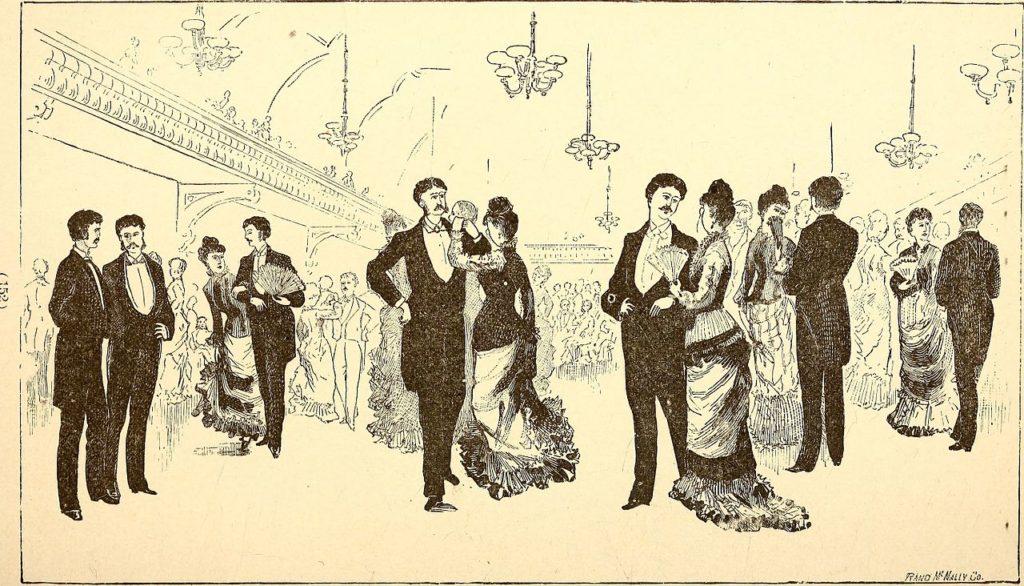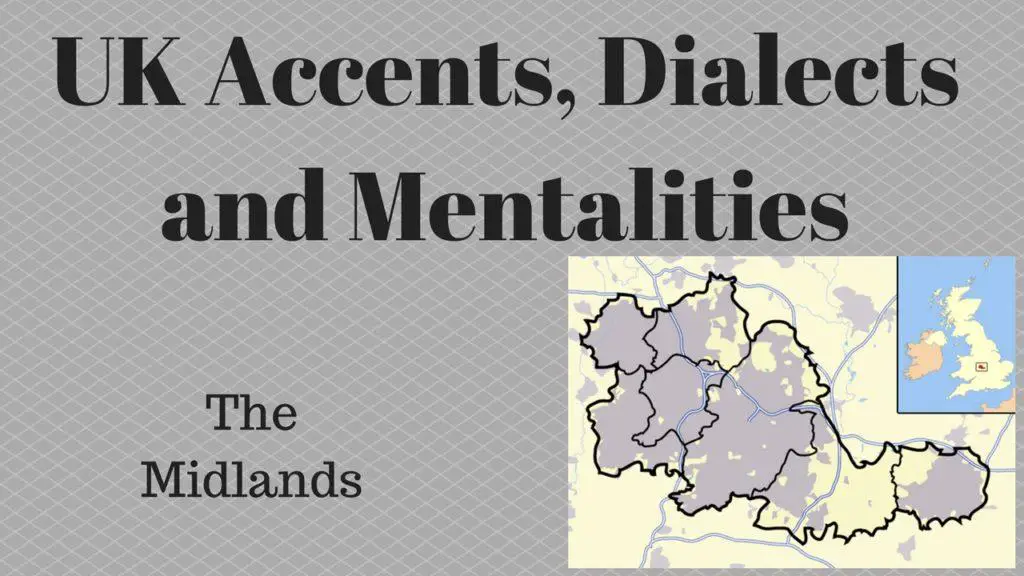Politely Decline Social Invitations – Introduction
In a professional setting, social invitations – whether for after-work drinks, birthday lunches or team-building activities – are common. These events can be excellent for building workplace relationships, but not everyone wants or is able to attend. Declining politely is a key skill that helps you maintain respect and connection without compromising your own needs.
In this article, we’ll explore practical strategies for turning down social invitations at work without offending anyone. We’ll also look at the cultural expectations around this, and the differences between UK and US English in tone and word choice.

This article builds on earlier topics, including How to Build Good Relationships with Colleagues in English, How to Build Rapport with Your Manager and Senior Leaders, and our community for professionals who need English for work.
Why Saying No Can Feel Difficult
Many professionals – especially those working in a second language – feel uncomfortable declining invitations because they fear appearing rude, unfriendly or disinterested in the team. There may also be cultural differences in how directly people express a refusal.
In English-speaking workplaces, the way you say no is just as important as the fact that you’re saying it. Using polite, clear language and showing appreciation helps keep the relationship positive.
Put the Reason First, Gratitude Second: Why the Order Matters
When you decline an invitation, the order of your message can affect how it’s received. One effective technique is to start with your reason and end with appreciation. This way, the last thing the listener hears is positive – your thanks.
This is especially useful in English-speaking workplaces where tone and politeness are essential. Ending with gratitude helps soften the refusal and leaves a warmer impression.
Compare these two examples:
❌ “Thanks for the invite, but I can’t come.”
✅ “I’ve got a prior commitment – but thank you so much for thinking of me!”
By placing the gratitude at the end, you leave the conversation on a high note.
Key Phrases to Use When Declining an Invitation
You don’t need to explain everything – just enough to be respectful.
Here are some useful phrases you can adapt, all giving the reason first, followed by appreciation:
General Polite Declines:
- “I’ve already made plans for that evening – but thank you so much for the kind invitation.”
- “I won’t be able to make it this time – really appreciate you including me, though.”
Showing Willingness to Join Next Time:
- “I’m tied up with a project this week – but thanks, and I’d love to come along next time.”
- “It’s a bit short notice for me – but I do appreciate the invite, so please keep me in the loop.”
Personal Reasons (keeping it vague but polite):
- “I’ve got a few personal things to take care of – but thanks for inviting me!”
- “I’m feeling a bit run down, so I’ll skip it this time – but I really do appreciate the offer.”
Tailor Your Response to the Relationship
How you decline may depend on who’s inviting you.
Here are a few situational strategies:
1. When Your Manager Invites You
Even if you’re declining, show that you value the relationship. For example:
- “I won’t be able to make it this time, as I have another commitment – but thank you for including me, I really appreciate it.”
Avoid vague statements like “I’m busy” unless followed by a polite phrase, as these can come across as dismissive.
2. When a Close Colleague Invites You
You might be a bit more casual but still respectful:
- “I’ve got a family thing that evening – but thanks for asking me. Let me know how it goes!”
3. When You’re New to the Team
If you’re still getting to know people, it’s good to show interest even if you can’t attend:
- “I’d love to join one of these soon – I’ve just got something else on this time. Thanks for thinking of me!”
British vs American Workplace Tone
While both UK and US English speakers value politeness, the tone differs slightly:
- UK English tends to be more indirect: “I’m not sure I’ll be able to make it.”
- US English is often more direct but friendly: “Thanks, but I’ve got plans already.”
Choose the tone that best fits your workplace culture. In multinational environments, clarity with courtesy is the safest option.

What NOT to Say
Even when you’re short on time or stressed, avoid:
- “I don’t want to go.” (Too blunt)
- “That sounds boring.” (Disrespectful)
- “I don’t do work events.” (Dismissive)
Instead, use one of the respectful alternatives listed above.
Final Tip: Offer an Alternative When Possible
If you can’t attend one event, show goodwill by suggesting future participation:
- “I can’t make the drinks on Friday, but I’d be happy to join the next one.”
- “Not this time, but let’s definitely have a coffee soon.”
Summary: Declining with Grace Builds Respect
Saying no at work doesn’t have to damage relationships. A polite, positive refusal with a short reason and clear thanks shows professionalism and respect.
Use this strategy to set boundaries while keeping your work relationships healthy and supportive.
Looking for more help with workplace English? Join our community for professionals who use English at work, or revisit How to Build Good Relationships with Colleagues in English and How to Build Rapport with Your Manager and Senior Leaders for more strategies.


